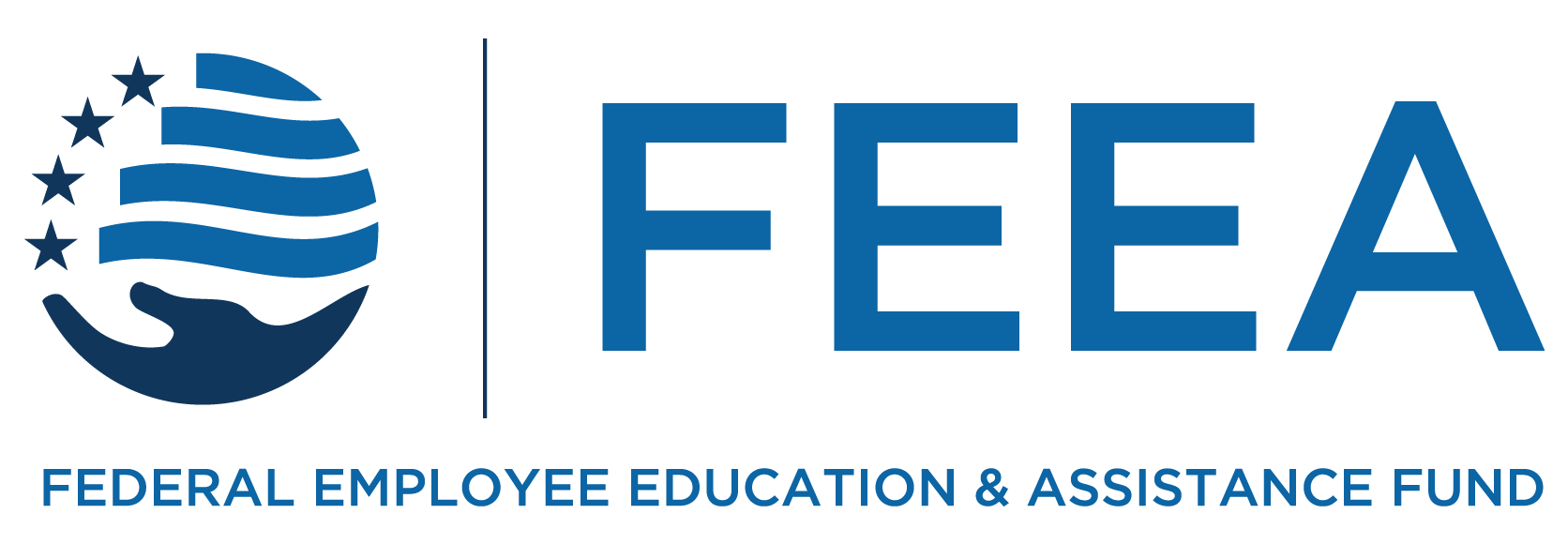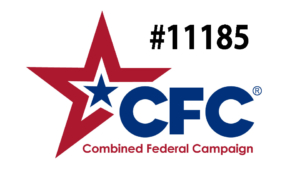My 5 Favorite Resources For Helping Your Kids Be Smart About Money
by Joyce Warner
Parents have a lot on their plates. They care for their children’s health and happiness in so many ways. Yet, according to a study by Chase only 56% of parents talk to their kids about money. That’s just not enough.
Money matters and management are growing ever more complicated and parents can be an important sounding board and role model, even if some of the topics are new to them as well. Here is a list of 5 resources to get you started if you haven’t spoken to your kids about money, or if you have and would like to go deeper.
- The Road to Financial Responsibility, Pointers for Parents at Every Stage
Print this one out for the fridge and use your dinner-time discussions to plan your activities from it starting with the preschoolers! - Tips for Talking to Teens About Money
In our house, we feel like the teen years have gone by the fastest. There are a lot of life lessons to cram in before they leave home. Be sure to make one of them teaching about money before they are out on their own. Also, reinforce the idea that money matters change with time and it’s important to be a life-long learner on the topic. - Teach Kids about Money In A Family Financial Crisis
Many families face a financial crisis at some point. Job loss, a divorce, an illness, or a period of living beyond one’s means and having to get back on track, all can cause stress for both parents and children. Talking about it can help everyone. - How to Start Your Child on an Allowance Program
Full disclosure, I know there is a lot of debate about this topic, but I am pro-allowance. Practicing earning, budgeting, and spending when the stakes (aka amounts) are low and mistakes are less life altering is the way to go in my book. I’m also a fan of a few chores and good family citizenship as the “work” earning the “pay” aka allowance. - How to Talk to Your Kids About Paying For College
Everyone knows the cost of college has sky-rocketed and student debt is likely a looming financial crisis not only for individual families, but also quite possibly for our economy. It’s an important topic to open up early in the teen years and be clear about what you can and can’t do to support your student. Most families can’t afford to send their child wherever they want to go to study whatever they want with a blank check (and it doesn’t make you a bad parent). Worry less about keeping up with the Joneses and instead have a good game plan that works for you and your child.
I feel blessed that my parents talked to us about money when we were growing up and I know for me it made a difference in how I manage my money today. I also know other parents now who wish their parents had taught them more about money so they could have avoided some costly mistakes.
If you’ve been procrastinating about talking money with your kids, use the resources above to take a small step today.
Would you like to receive more information like this when it comes out? Sign up for the FEEA newsletter using the box in the lower right hand corner of this page.
Would you like to reprint this piece in your agency human resource, federal employee association, or union local newsletter? You can do so at no cost by contacting admin@feea.org with your request.
The information provided in this piece is for your convenience and informational purposes only and not to be construed as professional advice. FEEA and its coauthors and sponsors are not liable for any losses or damages related to actions or failure to act with regard to the content in this piece.




